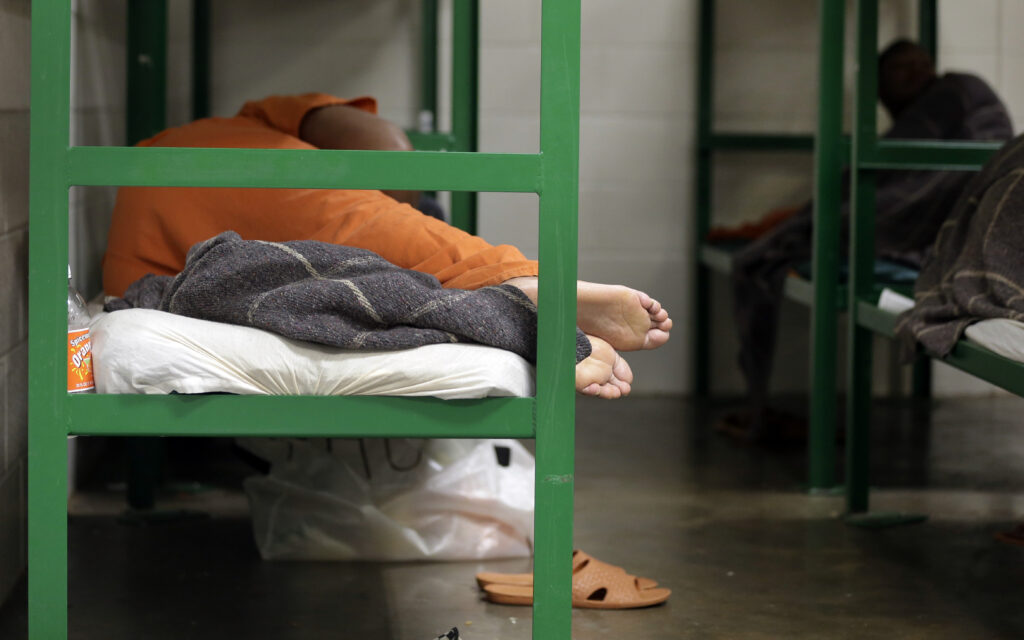
Since the shooting death of a Belmont University freshman in the fall, lawmakers have been re-thinking Tennessee’s laws around involuntary commitment and access to firearms.
A new proposal in the state House would automatically commit anyone judged unfit to stand trial, establishing a presumption that a person who’s charged with a criminal offense and found incompetent to stand trial is likely to cause serious harm.
“That’s a presumption that is unlikely to be true in a very large number of cases,” says Paul Appelbaum, a forensic psychiatrist at Columbia University. “Many people who are suffering from serious mental disorders and are arrested, are arrested on relatively minor charges, such as trespassing or shoplifting, and are in no way likely to be dangerous to other people.”
The proposal would also make it harder for a person who’s deemed a threat to purchase a gun by creating a mandatory process for reporting offenders to the national background check system.
“So, those are good things,” Appelbaum says. “But the rebuttable presumption is going to lead to a huge backlog in the jails, in the courts, in the mental health system. That is not going to help anybody.”
The bill’s sponsor, Rep. William Lamberth, says that there will be greater funding to help with that backlog.
“Whether you suffer from (a) mental health issue or intellectual disability issue, or a combination thereof, if you’re a danger to yourselves or others, the state has a responsibility to both care for you and to protect the citizens from you, and that’s what we’re going to do with this bill,” Lamberth says.
Advocates have worried that a change in the law could create a precedent for detaining people indefinitely.
“I think any time we’re talking about the mass institutionalization of a certain population of people, we should tread very lightly,” Zoe Jamail of Disability Rights Tennessee told WPLN News in December. “We don’t believe that someone, just based on a disability, should be institutionalized. That’s how we used to treat people with disabilities, and we’ve come a really long way moving away from that.”
Lamberth says that the length of time someone would have to stay in a facility would vary.
“For as long as they are a danger to themselves or others, they will remain in that institution,” he tells WPLN News. “If at some juncture they no longer are, they would remain under court supervision, but they may go to some sort of an outpatient treatment facility. They may go to a group home.”
In a national survey, Tennessee was one of two states to explicitly say that patients who are judged unfit to stand trial often stay in state hospitals for life. Studies show these patients can remain in the hospital years longer than they would have been in prison for the same crime if they did not have a mental illness.
Tennessee currently doesn’t have the bed space to accommodate everyone who may need state care. A recent report finds that the average psychiatric patient in Tennessee waits 60 days in jail for placement within a state hospital.
Lamberth is working on funding. He’s sponsoring another bill that earmarks $3.3 million for court-ordered mental health evaluation. That measure passed its first hurdle in the Criminal Justice Subcommittee this week.
“They need help,” says Memphis Democrat Joe Towns, speaking in favor of the funding bill. “I mean, it’s just like if you have a heart attack or, God forbid, any other kind of issue with your body, it needs to be addressed. And hopefully this will do some good.”
Both proposals are likely to pass, as lawmakers on both sides of the aisle agree: The current law needs to change.
Blaise Gainey contributed to this report.

